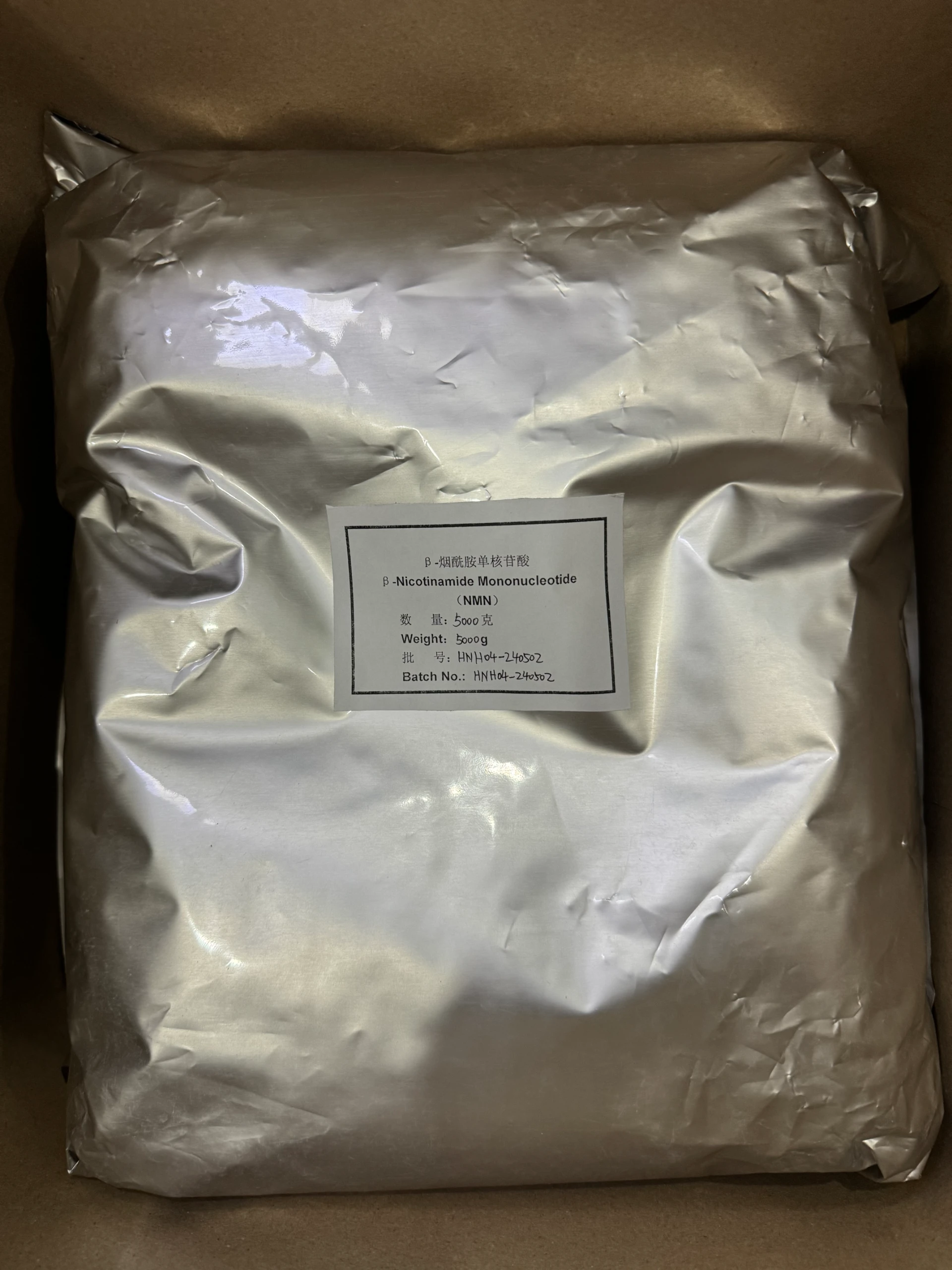The Role of Chemicals in Chilled Water Systems
Chilled water systems are a critical component of modern HVAC (Heating, Ventilation, and Air Conditioning) setups, providing necessary cooling for large buildings, industrial processes, and data centers. One of the key aspects of these systems is the chemical treatment used to ensure their efficient operation and longevity. Understanding the chemicals involved can help optimize performance and maintain system integrity.
Importance of Chilled Water Systems
Chilled water systems typically function by circulating water that has been cooled to a temperature between 40°F and 60°F (4°C to 16°C). This chilled water absorbs heat from the building or process it is designed to cool, effectively lowering the temperature within the environment. To maximize efficiency and prevent system degradation, various chemicals are introduced into the chilled water system.
Common Chemicals Used
1. Antifreeze Agents In colder climates, antifreeze is crucial to prevent the water in the system from freezing. Ethylene glycol and propylene glycol are the two most commonly used antifreeze agents. Ethylene glycol is more efficient at resisting freezing but is toxic, making propylene glycol a safer option for systems that might come into contact with potable water or where there is a risk of leakage.
2. Corrosion Inhibitors Water, especially when oxygenated, can lead to corrosion of metal components in the chilled water system. This can result in leaks, reduced efficiency, and premature equipment failure. Chemicals such as sodium molybdate, sodium nitrite, and azole compounds are often added to the water to inhibit corrosion and extend the lifespan of the system’s components.
what chemical is used in chilled water

3. Biocides The presence of organic material and microorganisms in chilled water can lead to biofilm formation, which can significantly impair heat transfer efficiency and result in system blockages. Biocides like chlorine, bromine, or quaternary ammonium compounds are used to control microbial growth. Regular monitoring and treatment help prevent algae and bacteria from establishing in the system.
4. Scaling Agents Minerals present in water can lead to scale formation, which can reduce the heat exchange efficiency over time. Scaling agents, or anti-scaling chemicals, such as polyphosphates or phosphonates, are used to bind these minerals and prevent them from depositing as scale on heating and cooling surfaces.
Maintaining Optimal Conditions
To maintain optimal conditions in chilled water systems, regular testing and monitoring of water quality are essential. Water chemistry can be affected by factors such as pH, temperature, and the concentration of various chemicals. Adjustments may need to be made periodically based on these assessments. For example, if the pH of the water drops, it may become more acidic, necessitating the addition of alkaline treatment to restore balance.
Conclusion
The effective management of chilled water systems hinges on the careful application of various chemicals designed to enhance system performance while preventing issues related to corrosion, scaling, and microbial growth. By understanding and utilizing these chemicals correctly, facility managers can ensure their chilled water systems operate efficiently and reliably, ultimately contributing to energy savings and enhanced comfort within their environments. As the demands for efficient cooling rise, the importance of chemical treatments in chilled water systems will only continue to grow.

